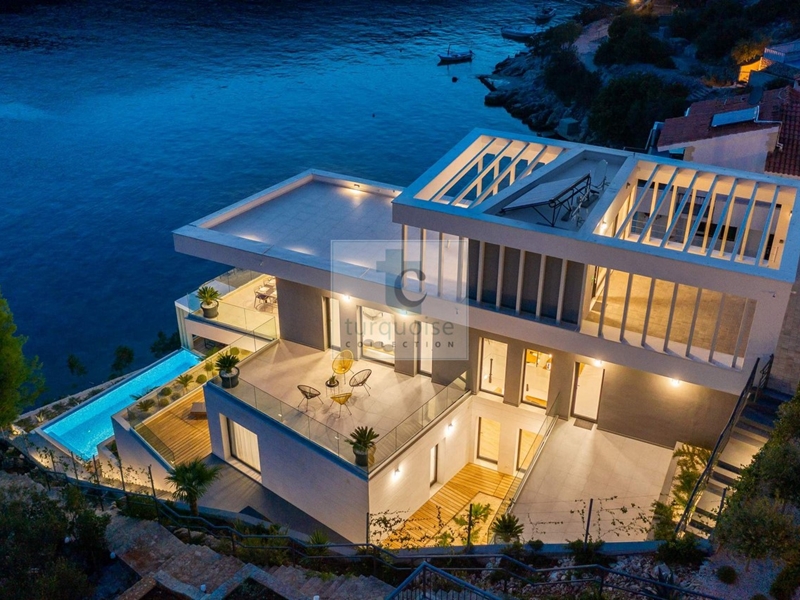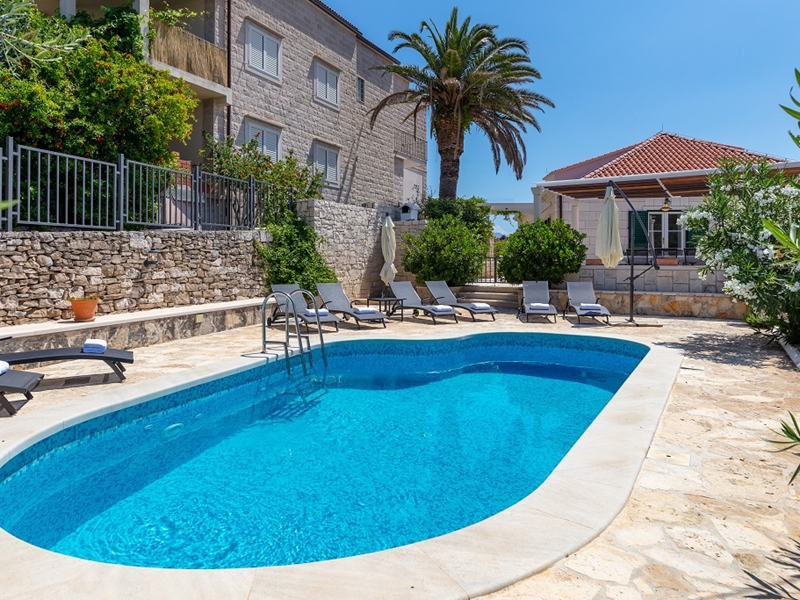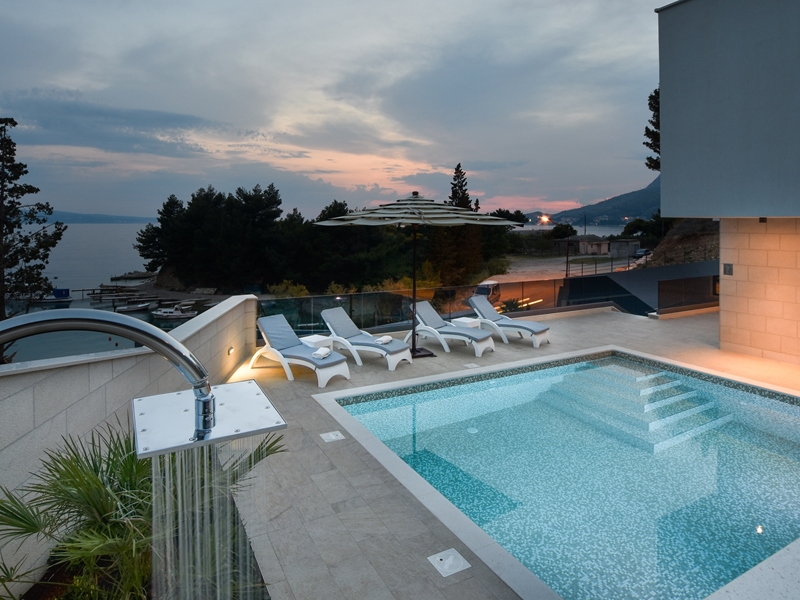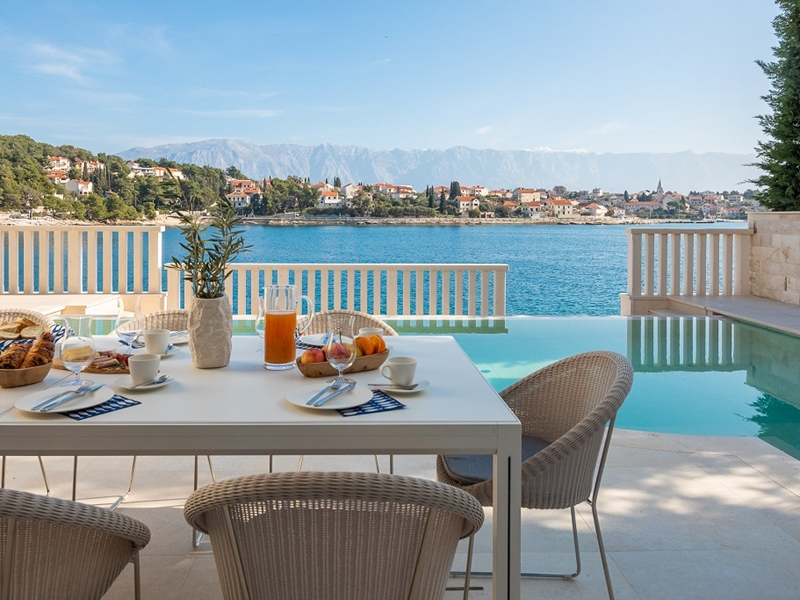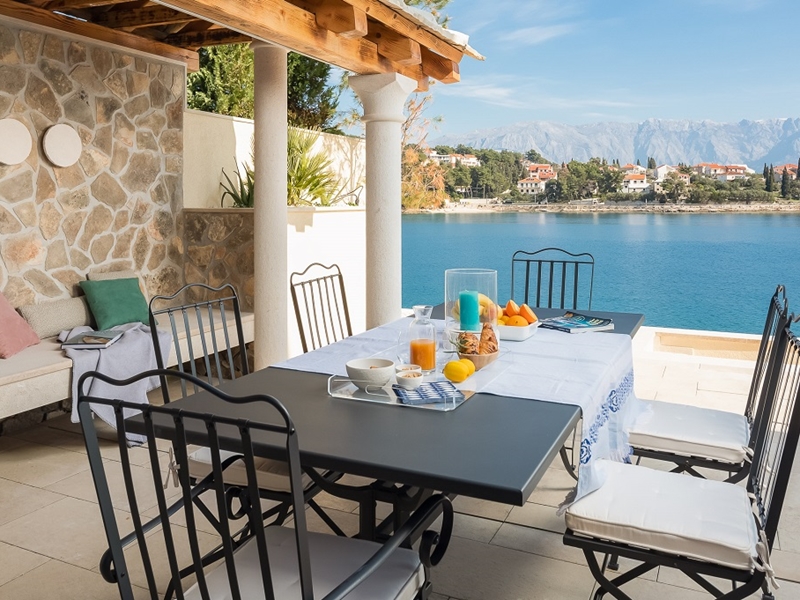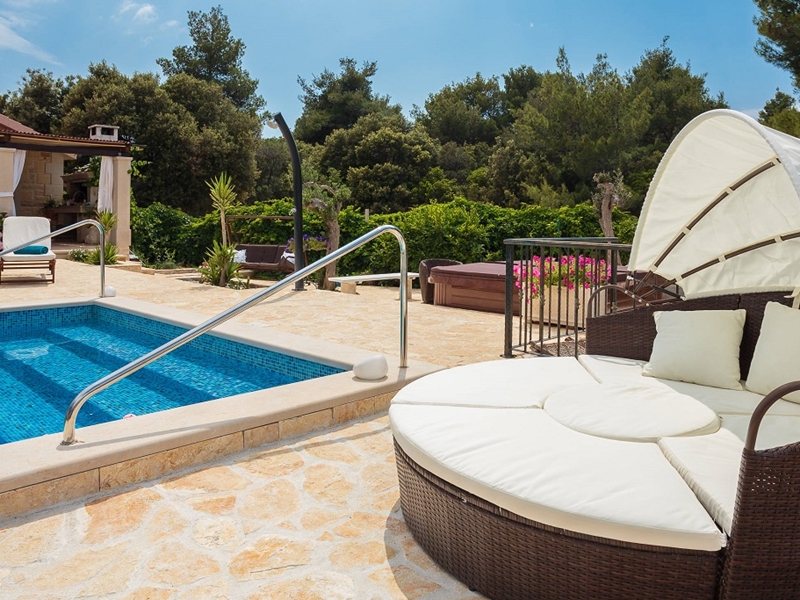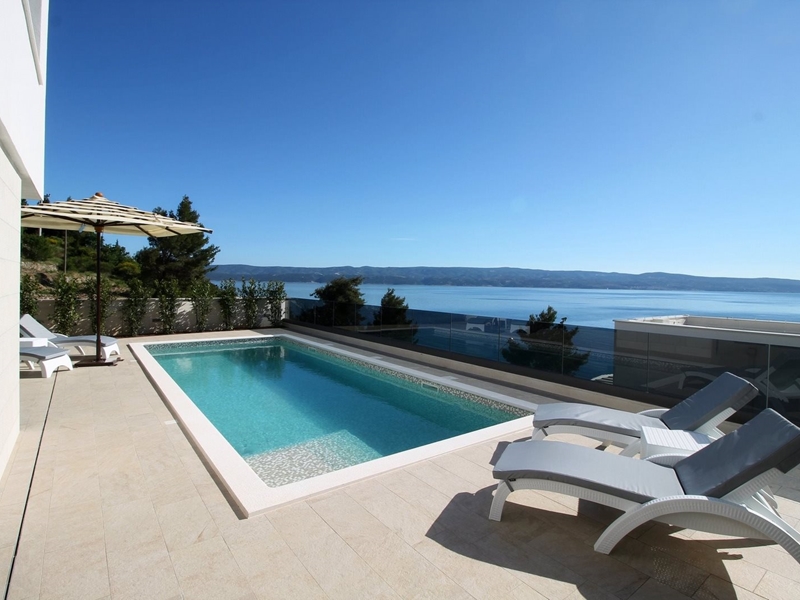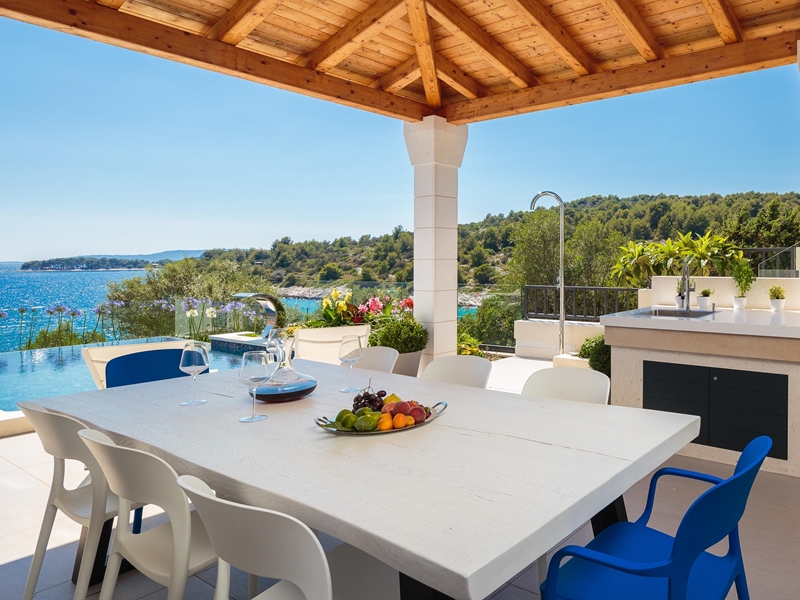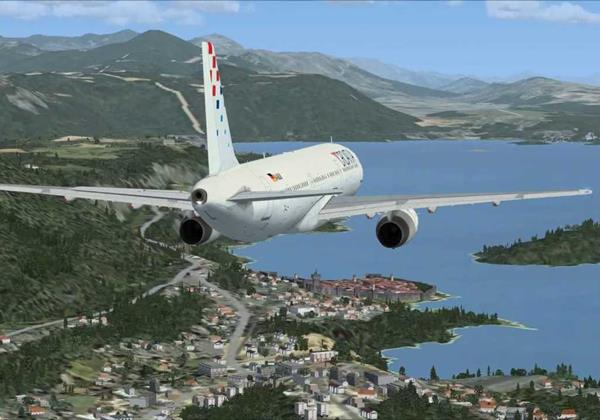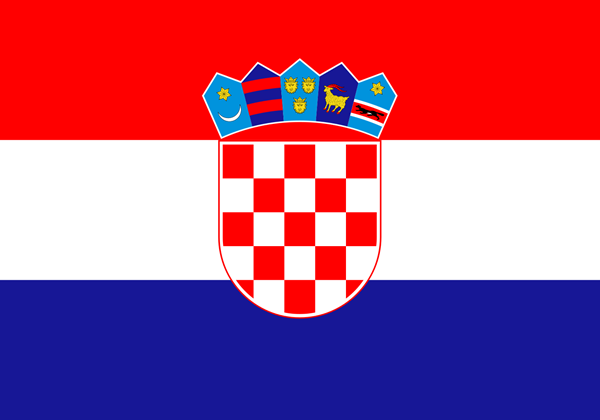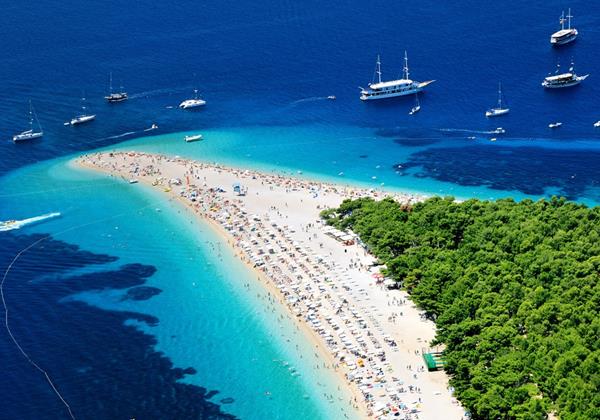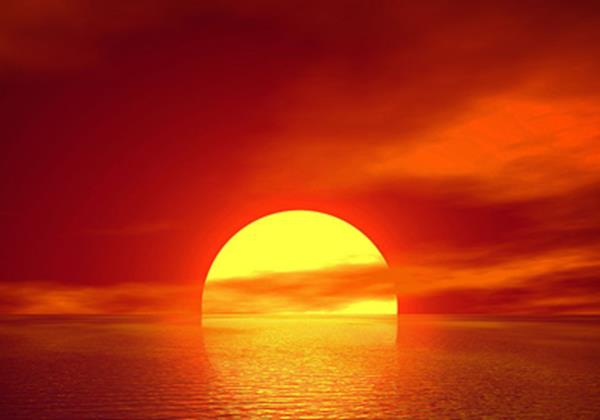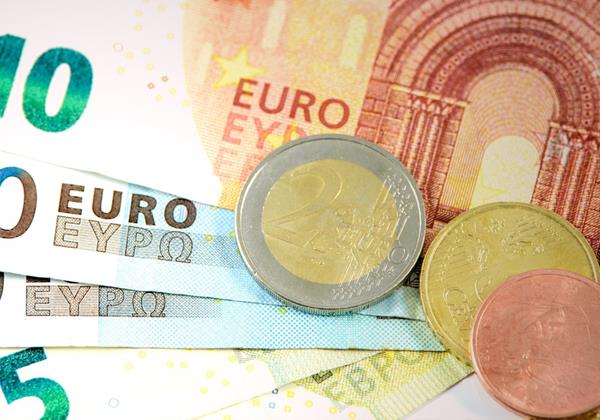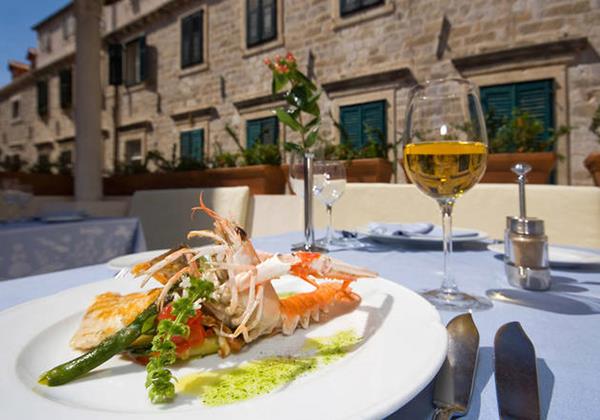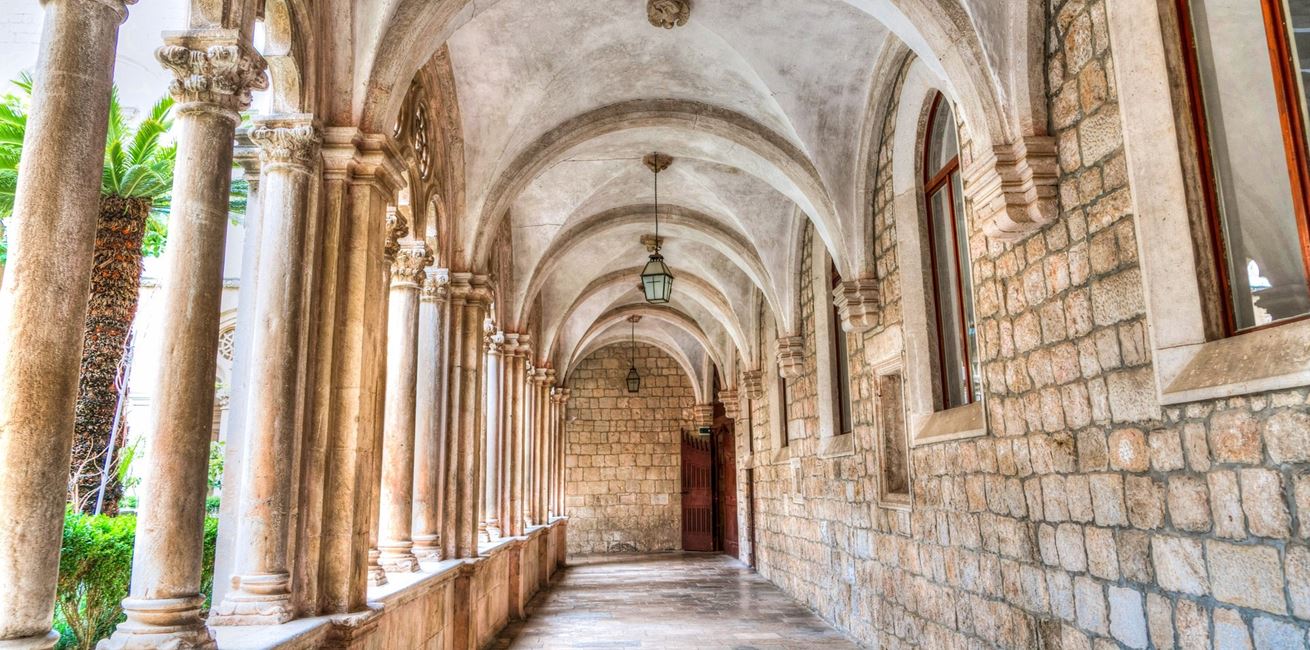
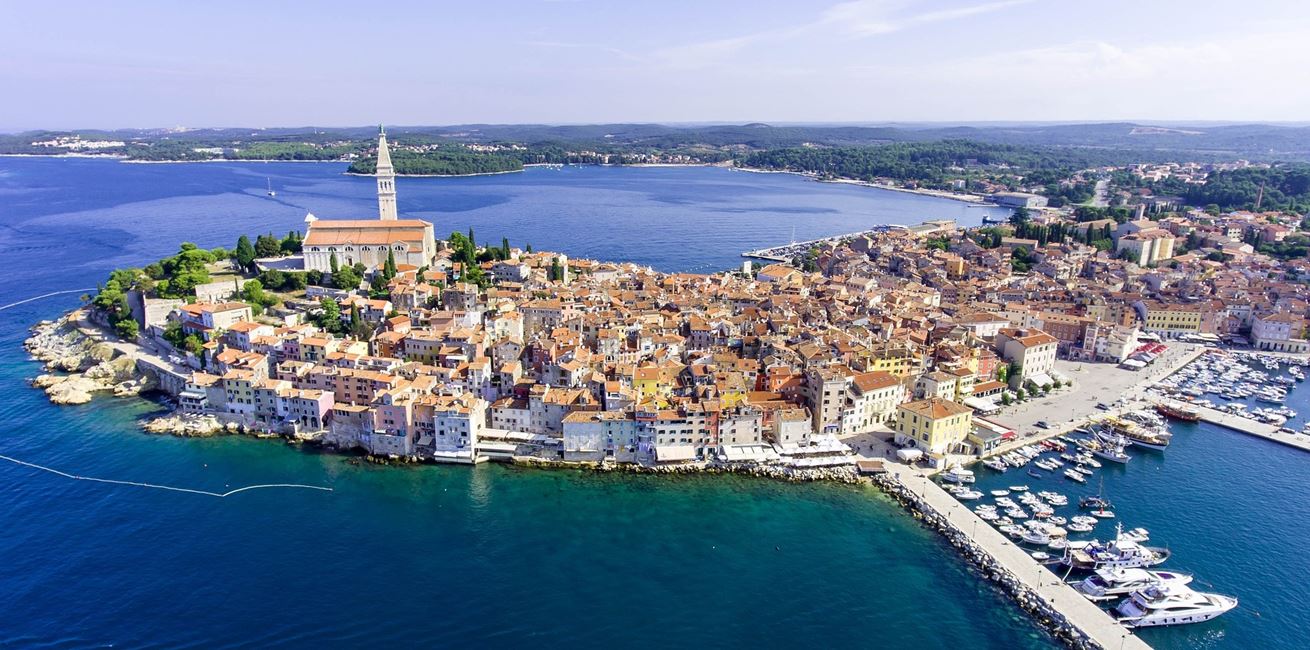
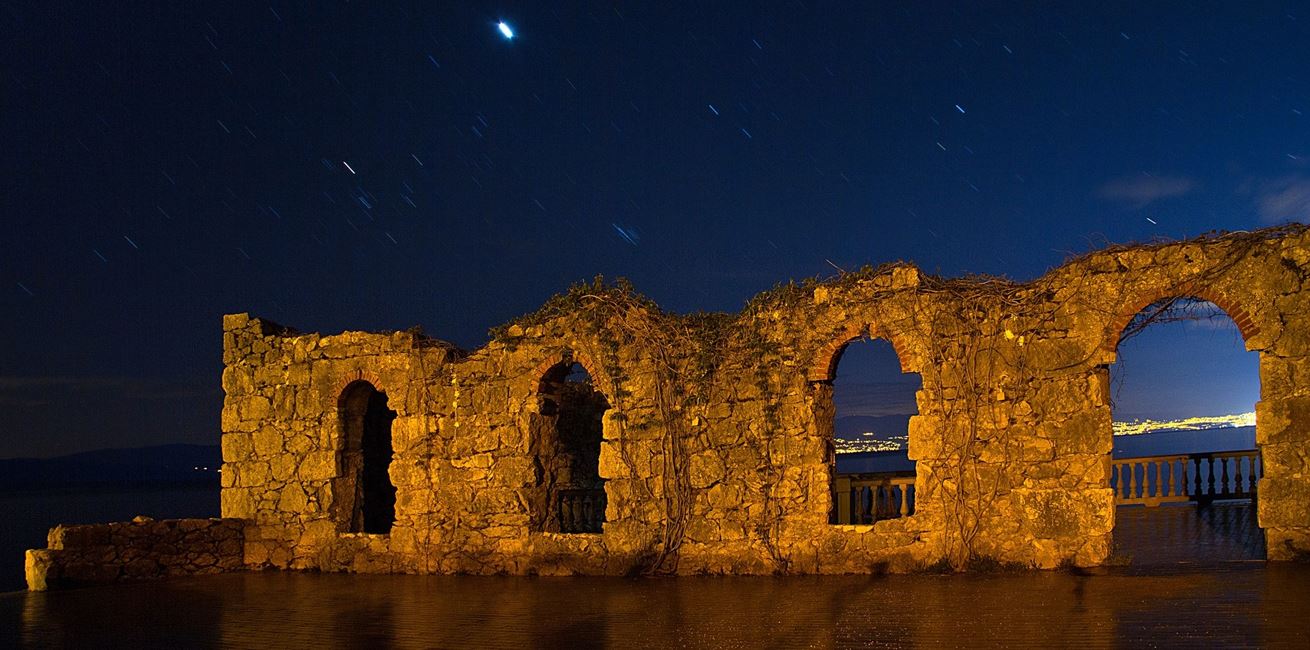
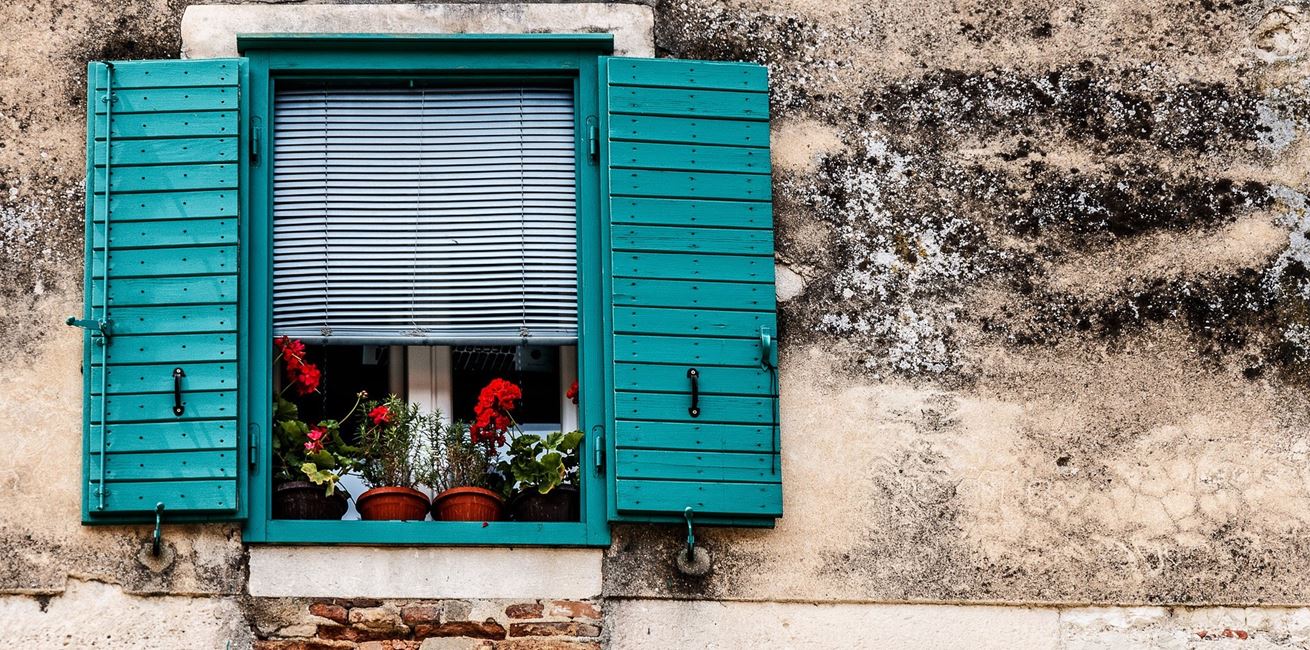
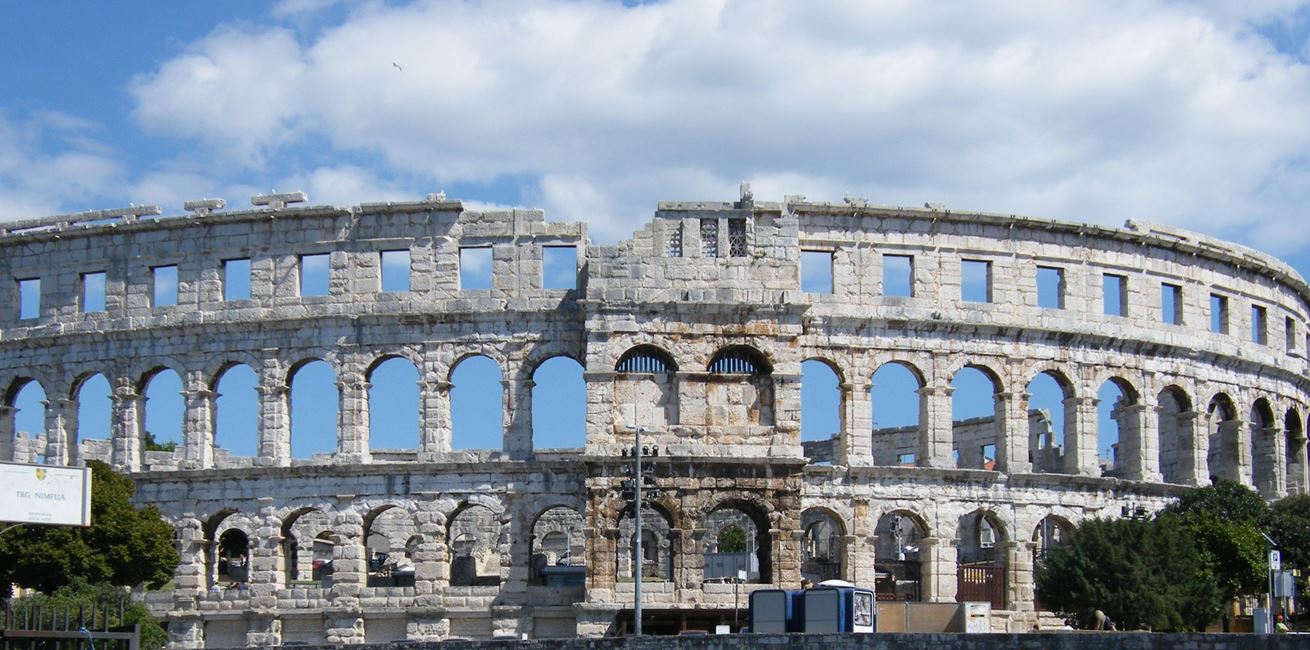
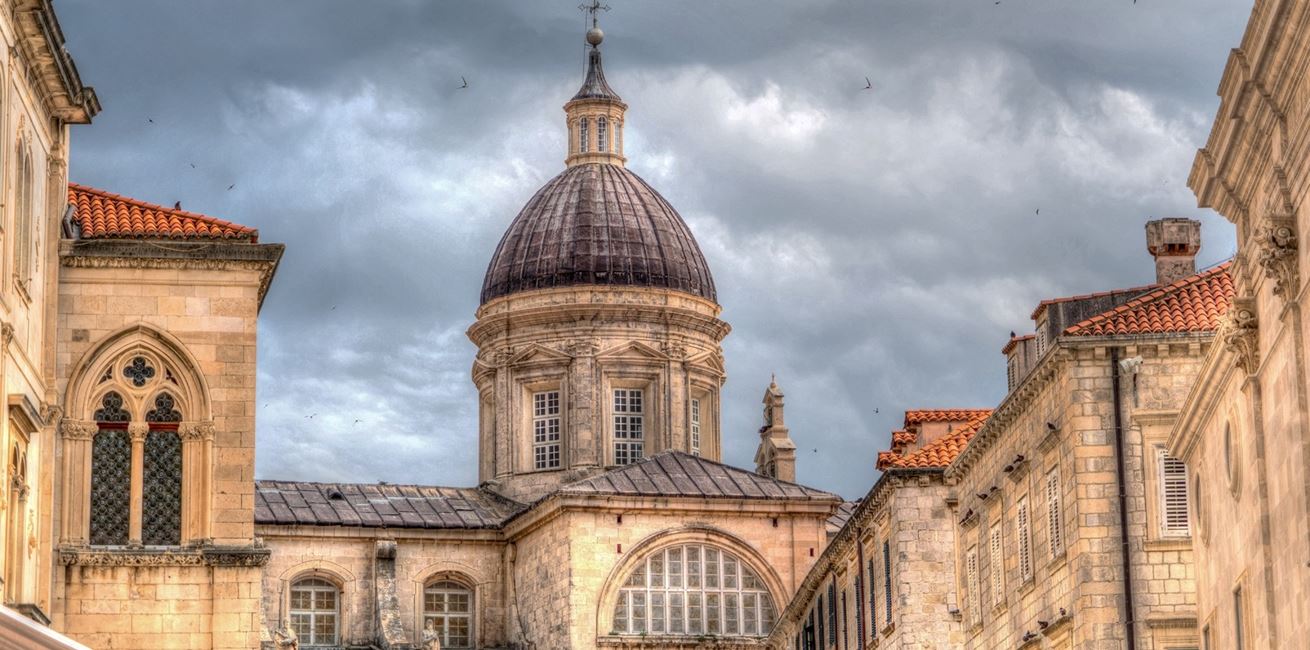
Croatian history and culture
Discover more about the history and culture of Croatia for your holiday
| Croatian Culture |
Croatia is located between Hungary, Herzegivina, Bosnia, Slovena and bordering the Adriatic Sea in South East Europe.
The natives are called Croats and make up most of the population with Serbian, Hungarian and Roma minority groups. The Croatian language is a South Slavic language that arrived in the Balkans region with the migration of the Slavs in the 6th or 7th century. The majority of Croatians speak at least one other language with the most common being German and English. Also spoken are French, Italian, Czech and Hungarian. Croats are extremely proud of their heritage and culture and are thus staunch nationalists. They refer to their country as; "Our Beautiful Homeland" ("Lijepa naša") and this is also the title of the national anthem.
The population is predominantly Roman Catholic, although there are Christian Orthodox, Muslim, and Jewish minorities, mostly living in the capital, Zagreb. Croatia has no official religion and Freedom of religion is a right defined by the Constitution of Croatia, which also defines all religious communities as equal in front of the law and separate from the state.
The Catholic Church plays a predominant role in Croatian society. Historically, the clergy played a pivotal role in the country's education and culture. Under Communist rule The Church had difficult relations with the authorities, defying them by consistently remaining devoted to Rome. Between 1945 and 1952, many priests were shot or imprisoned, however after defeating communism, the church's prominence in peoples lives gradually began to increase.
Croats are especially devoted to the Blessed Virgin Mary, whom they refer to as 'Gospa'. Religious festivals are also public holidays and include; St. Stephen's or Boxing Day, All Saints' Day, Christmas, Epiphany, Assumption Day, Easter Monday and Corpus Christi Day.
Family is of utmost importance to Croatians and they form close relationships with their extended families, taking in elderly parents if they become unable to live independently. Weekends are considered time for the family and few Croatians will allow work commitments to interfere with this important part of their lives.
Meeting and greeting is quite formal and the typical routine is a handshake, eye contact, and a verbal greeting based on the time of day. You should also not address a person by their first name until you are told to do so, the norm is to use their title and surname unless they are very familiar to you. A host would usually introduce new people to their guests starting with women then moving to men, from oldest to youngest.
If you are invited to a household it is polite to give a bottle of good wine, chocolates or flowers, although these should have an odd number of stems and not be Chrysanthemums (Croatians have a superstition that Chrysanthemums and bouquets with even numbers are reserved for funeral ceremonies or gravestones)!
Not greeting someone at events or gatherings that traditionally need a greeting is a serious offence of Croatian social "etiquette."
| Croatian History |
Croatia's history is ambiguous,- historians disagree on the genesis of the earliest tribes of settlers in Croatia and many details of Croatia's emergence as a nation are still shrouded in mystery.
Further down the timeline, Croatian history becomes an even more complicated algorithm of shifting ethnic and national identities. Admitting these uncertainties, there are still a few key developments to keep in mind when trying to make sense of Croatia's past.
Croatia has a rich history and is home to 7 Unesco World Heritage sites including;
- Episcopal complex of the Euphrasian Basilica in the historic center of Poreč
- The cathedral of St. James in Šibenik
- Historic city of Trogir
- Diocletian's Palace, built by Roman Emperor Diocletian
- Old city of Dubrovnik
- Plitvice Lakes
- Stari Grad Plain on the Adriatic island of Hvar, parcelled by Ancient Greece

